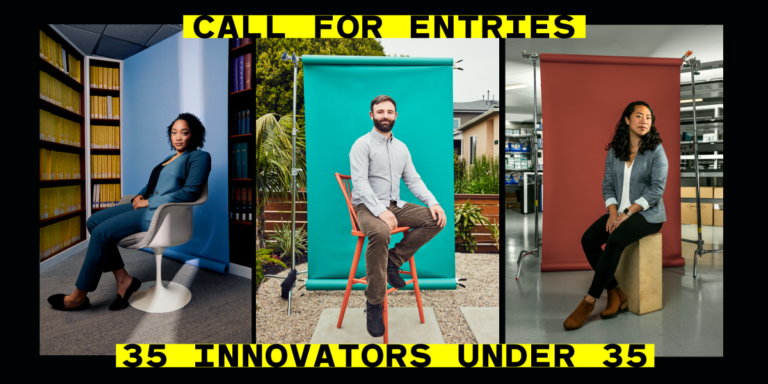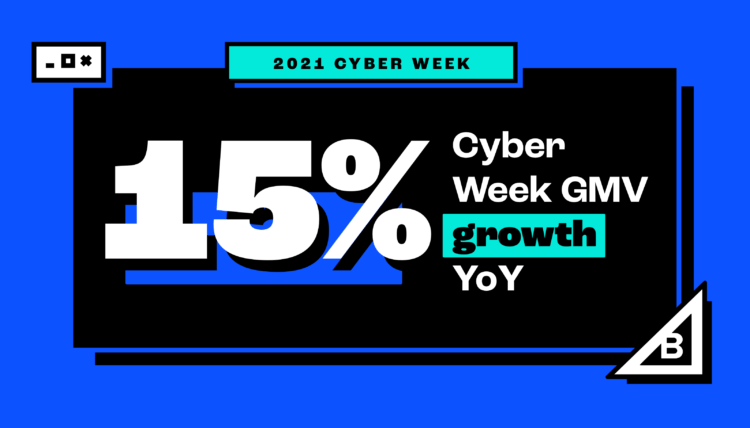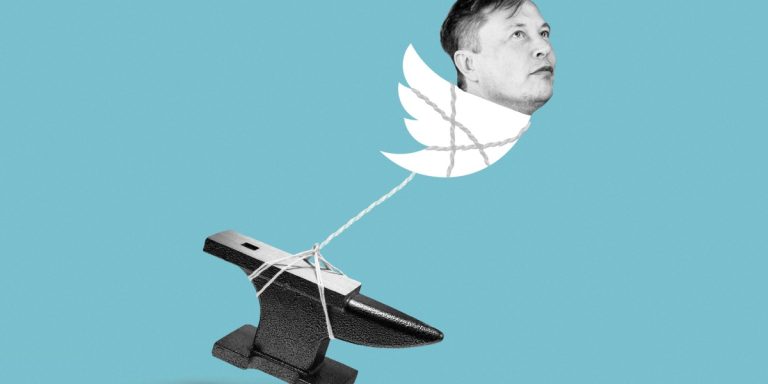
He’s team from the Southern University of Science and Technology in Shenzhen made use of CRISPR, the versatile genetic engineering tool, to alter the girls’ DNA so that they would be resistant to infection by HIV.
It’s unclear whether He has plans to return to scientific research in China or another country. People who know him have described the biophysicist, who was trained at Rice University and Stanford, as idealistic, naïve, and ambitious.
Before his world collapsed around him, He believed he’d created a new way to “control the HIV epidemic” that would be considered for a Nobel Prize.
The existence of the CRISPR baby project was uncovered by MIT Technology Review on the eve of an international genome-editing summit in Hong Kong, held in November 2018. Following our report, He immediately posted several videos on YouTube announcing the birth of the twins, who he called Lula and Nana.
The experiment was met with fierce condemnation around the world and inside China. Scientists said the use of genome editing served little medical purpose and could have introduced errors into the girls’ genomes.
He’s description of the experiments was never published by any scientific journal. MIT Technology Review later obtained draft copies of his paper, which one expert said was riddled with “egregious scientific and ethical lapses.”
The researcher spent around three years in China’s prison system, including a period spent in detention before his conviction. Since his release, he has been in contact with members of his scientific network in China and abroad.
While responsibility for the experiment fell on He and other Chinese team members, many other scientists knew of the project and encouraged it. These include Michael Deem, a former professor at Rice University who participated in the experiment, and John Zhang, head of a large IVF clinic in New York who had plans to commercialize the technology.
Deem left his post at Rice in 2020, but the university has never released any findings or explanation about its involvement in the creation of the babies. Deem’s LinkedIn profile now lists employment with an energy consulting company he started.
“It is extraordinary and unusual that [He Jiankui] and some of his colleagues were imprisoned for this experiment,” says Eben Kirksey, an associate professor at the Alfred Deakin Institute, in Australia, and the author of The Mutant Project, a book about He’s experiment that includes interviews with some of the participants. “At the same time many of [his] international collaborators—like Michael Deem and John Zhang—were never sanctioned or formally censured for involvement.”
“In many ways justice has not been served,” says Kirksey.
He paid a steep price. He was fired from his university job, separated from his wife and young children, and spent time in a prison distant from his hometown in Shenzhen.
He’s punishment does appear to have delayed further experiments on gene editing to make babies, certainly in China. In the US, the procedure is effectively banned via law that forbids the Food and Drug Administration from approving such a study.
There’s also the question of justice for the three children born as the result of the experiment, whose identities are not public. Their parents agreed to join the experiment because the fathers of all the children had HIV and would otherwise not have had access to IVF under Chinese rules.
In February, according to a news report in Nature, two senior Chinese bioethicists called on China’s government to create a research program to oversee the health of the CRISPR children. They classified the children as a “vulnerable group” and called for genetic analyses to determine whether their bodies contain genetic errors they could pass to future generations.
Kirksey says the study participants have not been treated fairly. They were promised health insurance plans for their children, but he says that amid the controversy, “the insurance plans were not issued and medical bills went unpaid.”






